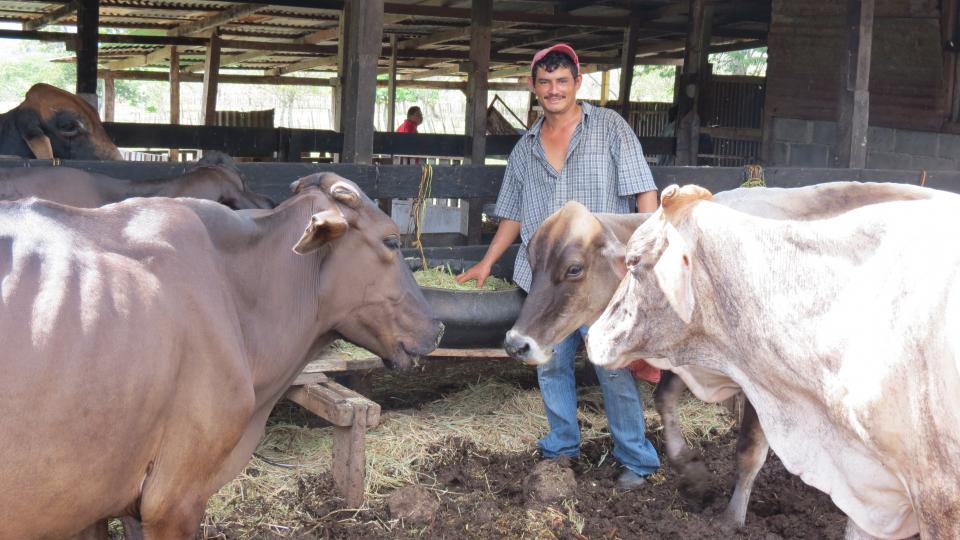
The Responsible Leather Round Table (RLRT), an initiative of the Textile Exchange, hosted the event that included representatives of the whole supply chain: from beef farmers to brands such as IKEA, Clarks and Volvo. The purpose of the forum was to address the ecological impact of the entire leather value chain.
Closing the gap
The event was organized immediately after the bi-annual Global Conference on Sustainable Beef, with the aim to connect the beef and leather industries in their quest for sustainability. About 100 representatives gathered to discuss sustainability and opportunities for collaboration.
The leather supply chain is closely connected to the beef industry. Around 2/3 of all leather produced worldwide comes from cow hides. Leather has a long and fragmented supply chain with considerable processing steps, from the livestock sector and slaughterhouses to leather manufacturing and processing of the products which end up in shoes, automotives, furniture, saddles for horses, and fashion items. Despite this connection in the supply chain, the leather and beef sectors are two worlds apart: the rural world of beef and the urban world of leather companies.
Animal welfare
Consumer-oriented leather companies are becoming more aware of the impact their industry has on our planet, but rarely look to sustainable livestock management for solutions.
“About three years ago, I contacted a number of consumer-oriented leather companies. I remember some of them telling me that their top priority was to improve animal welfare. When I asked them if they were working together with livestock producers, the answer was: ‘Not really, but we will include livestock sustainability in our sourcing requirements’. I tried to convince them that they can only improve animal welfare if they really connect with the livestock sector,” Van der Bijl said.
Who do you think you are?
He also noted that the beef sector is reluctant about sustainability requests from the leather industry. The leather sector is a huge economic power worldwide, with a yearly return between 40 and 80 million dollars. But for farmers and slaughterhouses, the value of the hides that are supplied to the leather industry are only equal to 5% of the value of a cow. As a consequence, there is a tendency in the beef sector to reply to sustainability requests from the leather sector with: “Who do you think you are to tell us what we should do?”
Connecting the dots
The needed improvements are obvious: reducing deforestation, improving animal welfare, promoting climate-smart livestock, safe use of chemicals in tanneries and improving working conditions. Solidaridad has been active in the livestock sector since 2010 and is now working to address issues in both the livestock and leather sectors together. Solidaridad’s current programmes are aimed at improving practices in livestock.
In addition, Solidaridad has been active in the leather sector for about three years now, as seen in ongoing projects with local tanneries in the leather cluster in Kanpur, India, and in Ethiopia. Both projects focus mainly on reducing water pollution. In these programmes, Solidaridad coordinates many local actors, in cooperation with STAHL, the largest supplier of chemicals for the leather sector worldwide.
Solidaridad is now set to kick off leather programmes in a number of other countries.
“My hope is that RLRT and the GRSB can connect the two industries to implement more sustainable practices for both these sectors. With our experience in both the livestock and leather sectors, I am confident that Solidaridad is in a good position to connect the dots,” Van der Bijl said.
Learn more about Solidaridad’s global leather programme.
